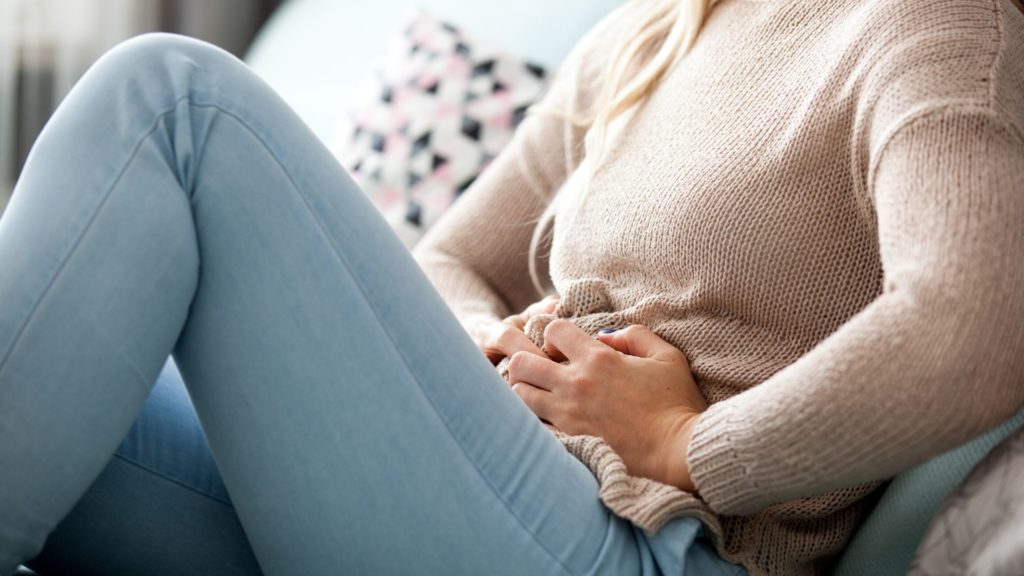Ask Ayurvedic doctor a question and get a consultation online on the problem of your concern in a free or paid mode. More than 2,000 experienced doctors work and wait for your questions on our site and help users to solve their health problems every day.
Annadrava Shoola – Ayurvedic Approach to Managing Deep-Seated Pain

Introduction to Annadrava Shoola
Annadrava Shoola is a specialized concept in Ayurveda addressing persistent, deep-seated pain that often arises from imbalances in the doshas. This condition, recognized for its challenging nature, is managed through a comprehensive approach that integrates detoxification, herbal formulations, and lifestyle adjustments. By understanding and addressing annadrava shoola, individuals can work towards alleviating chronic pain and restoring harmony within the body.
Don't wait or self medicate. Start chat with Doctor NOW
Historical Roots & Ayurvedic Significance
Ancient Ayurvedic texts describe various forms of chronic pain and discomfort under the umbrella of "shoola." Annadrava shoola is recognized as a manifestation of aggravated doshas—predominantly Vata—affecting the deeper tissues and neural pathways. Historically, Ayurvedic practitioners have used a combination of herbal remedies, internal oleation (snehana), and external therapies to counteract the effects of annadrava shoola. This traditional wisdom emphasizes the importance of early intervention and a holistic treatment plan to prevent the progression of pain into more debilitating conditions.
Key Components & Therapeutic Benefits
Herbal & Therapeutic Composition
The management of annadrava shoola typically involves a blend of time-tested Ayurvedic herbs and therapies designed to pacify the aggravated doshas:
- Vata-Pacifying Herbs: Ingredients like Ashwagandha, Bala, and Jatamansi help calm the nervous system and soothe deep-seated pain.
- Detoxification Agents: Herbs such as Trikatu and Guduchi support the elimination of toxins (ama) that contribute to chronic pain.
- Oleation & Fomentation Therapies: Internal and external snehana techniques are employed to lubricate tissues, reduce stiffness, and improve circulation.
Therapeutic Benefits
When addressed through a tailored Ayurvedic approach, annadrava shoola management can:
- Alleviate Chronic Pain: Reduce the intensity of deep-seated pain associated with doshic imbalances.
- Enhance Tissue Lubrication: Improve the elasticity of muscles and connective tissues, leading to better mobility.
- Facilitate Detoxification: Promote the removal of metabolic toxins, thereby reducing inflammation and discomfort.
- Support Nervous System Health: Encourage neural regeneration and restore balanced nerve function.
- Promote Overall Well-Being: Restore equilibrium to the doshas, enhancing vitality and quality of life.
How Annadrava Shoola Works: The Science Behind the Approach
The principle behind managing annadrava shoola lies in understanding the dynamic flow of energy within the body. Aggravated Vata dosha, when left unchecked, can lead to erratic nerve impulses and deep-seated pain. Ayurvedic therapies for annadrava shoola focus on:
- Pacifying Vata: Using herbal formulations to stabilize nerve activity and reduce erratic energy flows.
- Tissue Nourishment: Employing snehana techniques to deeply nourish and lubricate tissues, mitigating pain.
- Detoxification: Eliminating accumulated toxins that hinder proper circulation and exacerbate pain. This integrated approach helps in reestablishing the natural balance of the body, thereby reducing the manifestations of annadrava shoola.
Choosing the Right Ayurvedic Approach
When addressing annadrava shoola, it is crucial to adopt a personalized treatment plan:
- Consult Certified Ayurvedic Practitioners: A detailed evaluation of your constitution (Prakriti) and dosha imbalances is essential to design an effective treatment plan.
- Tailored Herbal Formulations: Select high-quality, organic herbs that are specifically chosen to pacify aggravated doshas and support tissue repair.
- Integrated Therapies: Combine internal detoxification methods with external therapies such as massage and fomentation for a comprehensive approach.
Recommended Treatment & Dosage
Adhering to the correct regimen is key to managing annadrava shoola effectively:
- Customized Dosage: Dosages of herbal formulations and snehana therapies should be personalized based on individual severity and overall health.
- Administration Protocols: Treatments are typically administered over a course of several weeks, with periodic assessments to monitor progress.
- Ongoing Adjustments: Regular follow-ups with an Ayurvedic practitioner are important to adjust the treatment plan as the body’s response evolves.
Potential Side Effects & Precautions
While treatments for annadrava shoola are generally safe when administered correctly, consider the following precautions:
- Initial Adjustments: Some individuals may experience mild digestive disturbances or temporary discomfort as the body begins the detoxification process.
- Allergic Reactions: In rare cases, certain herbal components might trigger allergies; discontinue use and consult your practitioner if this occurs.
- Professional Guidance: Always undergo treatment under the supervision of a certified Ayurvedic professional to ensure that therapies are tailored to your specific needs.
Frequently Asked Questions
What is annadrava shoola and why does it occur?
Annadrava shoola refers to deep-seated, chronic pain resulting from aggravated doshas, particularly Vata. It occurs due to imbalances in the body's energy flow, often exacerbated by the accumulation of toxins and tissue dryness.
How is annadrava shoola treated in Ayurveda?
Treatment involves a combination of Vata-pacifying herbs, detoxification therapies, and snehana (oleation) techniques to nourish tissues, reduce toxin buildup, and restore balance to the doshas.
Can lifestyle changes help manage annadrava shoola?
Absolutely. Incorporating a balanced diet, regular physical activity, stress management techniques, and adequate hydration can significantly support the Ayurvedic treatment of annadrava shoola.
How long does it take to see improvements?
The time frame varies by individual, but many patients begin to notice a reduction in pain and improved mobility within a few weeks of consistent treatment, with optimal results achieved over several months.
Are there any risks associated with the treatment of annadrava shoola?
When administered under professional guidance, treatments are generally safe. However, it is important to monitor any adverse reactions and adjust the regimen as needed.
Can annadrava shoola be managed with home remedies?
While some home remedies such as warm oil massages and dietary modifications can provide relief, it is essential to consult an Ayurvedic practitioner for a comprehensive treatment plan tailored to your condition.
Where can I find authentic treatments for annadrava shoola?
Authentic treatments should be sought from certified Ayurvedic practitioners or reputable Ayurvedic centers that specialize in managing chronic pain conditions through traditional methods.
Conclusion & Expert Insights
Annadrava shoola represents a complex, chronic pain condition that requires a holistic and individualized approach for effective management. By integrating detoxification therapies, Vata-pacifying herbs, and lifestyle adjustments, Ayurvedic treatment aims to restore balance and promote overall well-being. Consulting with a certified Ayurvedic practitioner is crucial to tailor a treatment plan that addresses your unique needs and leads to sustainable relief from deep-seated pain.
References & Further Reading
- Sharma, P.V. Ayurvedic Healing: A Comprehensive Guide.
- Lad, V. Ayurveda: The Science of Self-Healing.
- National Institute of Ayurveda –
- Journal of Ayurveda and Integrative Medicine for research on chronic pain management and Ayurvedic detoxification therapies.



